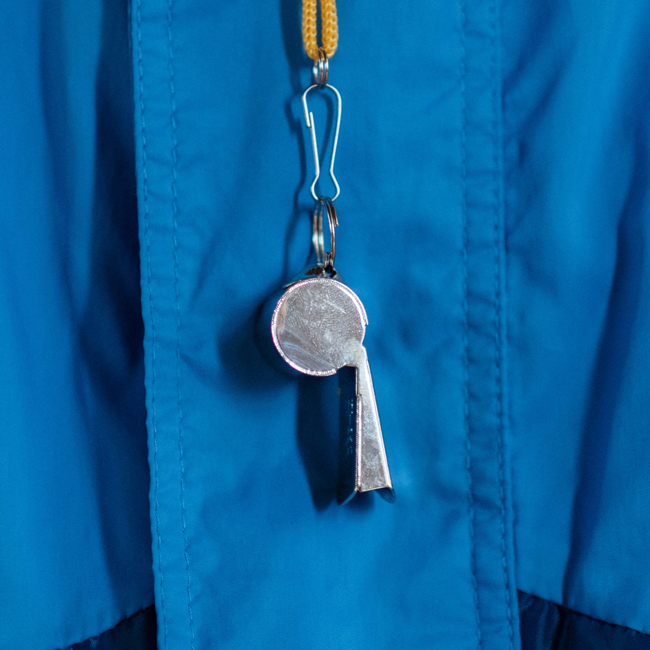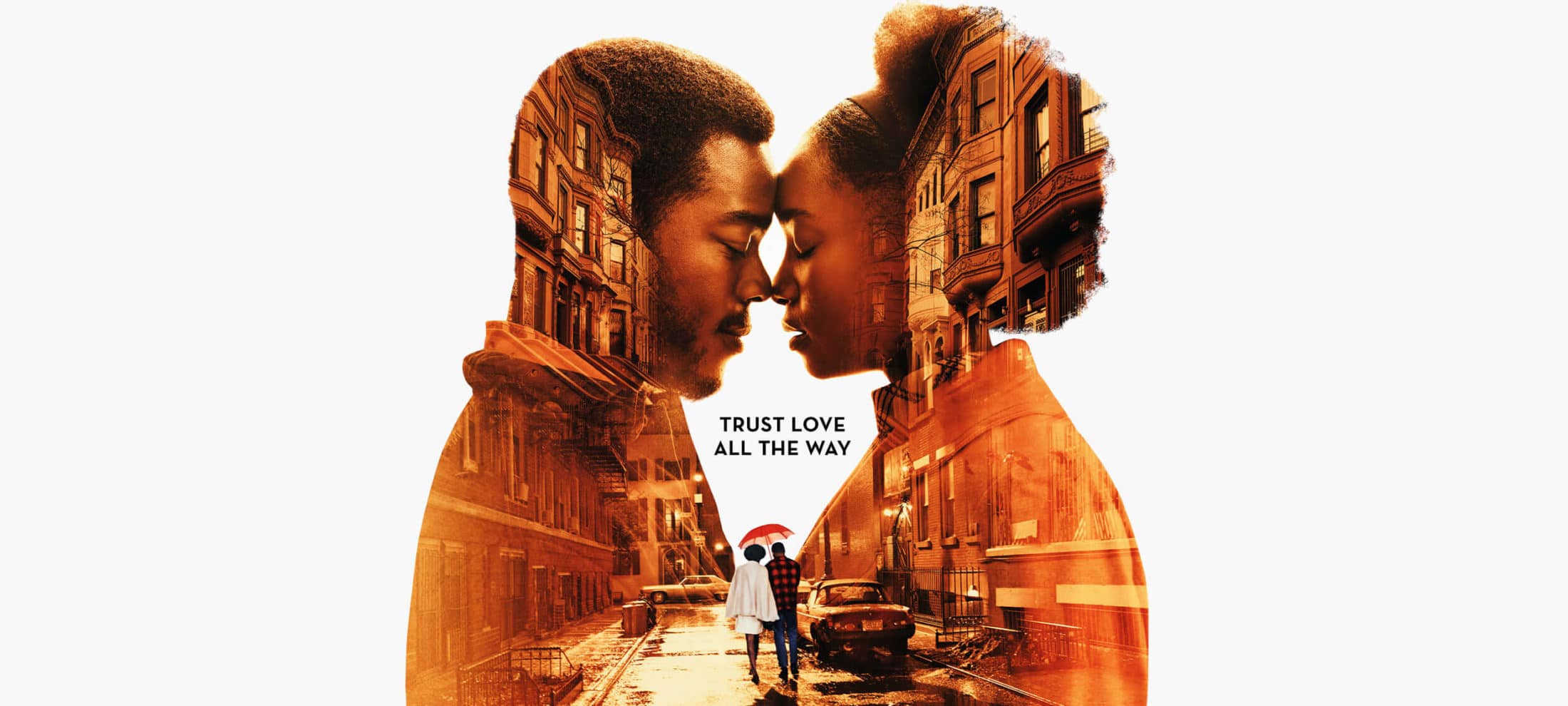
Stopping domestic violence means rethinking masculinity
Opinion + AnalysisRelationships
BY Michael Salter The Ethics Centre 25 NOV 2015
What does it mean to be a non-violent male in Australia?
If we were honest, we would admit that it means being a ‘wimp’ – or worse, a ‘poofter’. For many young Australian boys, that’s what you get called if you don’t punch the guy that punched you, or if you don’t want to spend your Saturdays tackling others into muddy grass.
Boys and men are expected to show some capacity for violence. Aggression is understood to be part of what makes us male, and we celebrate it as a matter of national pride in both sport and war. Eschewing violence calls our masculinity into question. In some contexts, it’s downright dangerous to be non-violent since it signals weakness and invites retaliation from others.
To prevent violence against women, authorities have been anxious to assure us we can be “real men” without hitting women. Prevention campaigns present us with men defined by the stereotypically masculine attributes of success (strength, money, power) who say they don’t hit women.
The message is clear. Keep our tough, competitive masculinity but abandon gendered violence.
By characterising non-violence as the mere absence of violence, prevention campaigns struggle to articulate a constructive agenda that provides men and boys with strategies they can use to actually prevent violence.
We are regularly called on to “stand up”, “man up” or “speak out” against sexism and misogyny. In practice, it’s not clear what this actually means or how it is going to reduce endemic levels of violence against women. At its worst, it sounds like grandstanding.
The call to “take the oath” not to commit violence against women is largely a symbolic stand. Almost every man that abuses his spouse has at some time promised to stop.
But if that promise had the power to prevent violence against women, we wouldn’t have this problem.
Non-violence is not simply the absence of violence. Non-violence is the presence of characteristics that oppose violence, such as care, patience or compassion. Just as violence expresses a failure of empathy, non-violence involves a wealth of practices that reflect the views of others as deeply important and valuable.
We don’t need to compensate men and boys for the “loss” of violence with reassurances about their masculinity. Instead we need to validate non-violence as a legitimate choice for men and boys and demonstrate how it can be enacted in everyday life.
This framing of non-violence as an active accomplishment is drawn from the pacifist philosophies evident in strains of Buddhist, Hindu, and Christian thought, for example. It is exemplified by the figures of Martin Luther King Jr., Mahatma Gandhi and Nelson Mandela. In these traditions non-violence is a skill developed over time. It actively builds relations and communities founded on mutual care in which violence cannot take root.
Rather than idolising “real men” who don’t hit women, prevention campaigns could be valuing the other kinds of choices boys and men make, such as caring for others, supporting those in need and working for the collective good. These actions not only oppose violence but they repair the damage that violence causes and transform social conditions to make violence less likely.
Non-violence offers men and boys what they are really looking for – a sense of purpose and a place in communities they have worked to build and foster. By contrast, those men who have pursued aggression to its inevitable end are often left grieving for the loss of relationships with their children, partners and families. In this way, violence harms those who commit it as well as those it is directed against.
The wish to care and be cared for is the very foundation of non-violence and, potentially, the beginning of a different way for violent men. We can show them how to put that wish into practice until they too can experience genuine mutuality and connection with others rather than shaming them as “unmanly” or irrevocably tainted. Care, patience and compassion are modes of being that can be taught and nurtured over time. Practically, we may need to restrain violent men to protect others but that doesn’t abrogate their potential for change.
Non-violence is not passivity or inaction. It’s the choice to oppose violence by engaging with others and working towards their wellbeing and safety. There are countless men living dignified and non-violent lives all around Australia in many different ways. Through their care for others and their preparedness to put this care into practice, non-violent men generate rewarding relationships and contexts of non-violence, usually in close partnership with women. They don’t need or demand their masculinity to be validated in the process. A non-violent life is a meaningful one and its own reward.
The question is whether we as a society really value these men or the path of non-violence they have followed. If we do, then it’s about time we map that path out and show other men and boys how to follow it.
Ethics in your inbox.
Get the latest inspiration, intelligence, events & more.
By signing up you agree to our privacy policy
You might be interested in…
Opinion + Analysis
Business + Leadership, Relationships
Corporate whistleblowing: Balancing moral courage with moral responsibility
Explainer
Relationships
Ethics Explainer: Existentialism
WATCH
Relationships
Purpose, values, principles: An ethics framework
Opinion + Analysis
Politics + Human Rights, Relationships, Society + Culture




